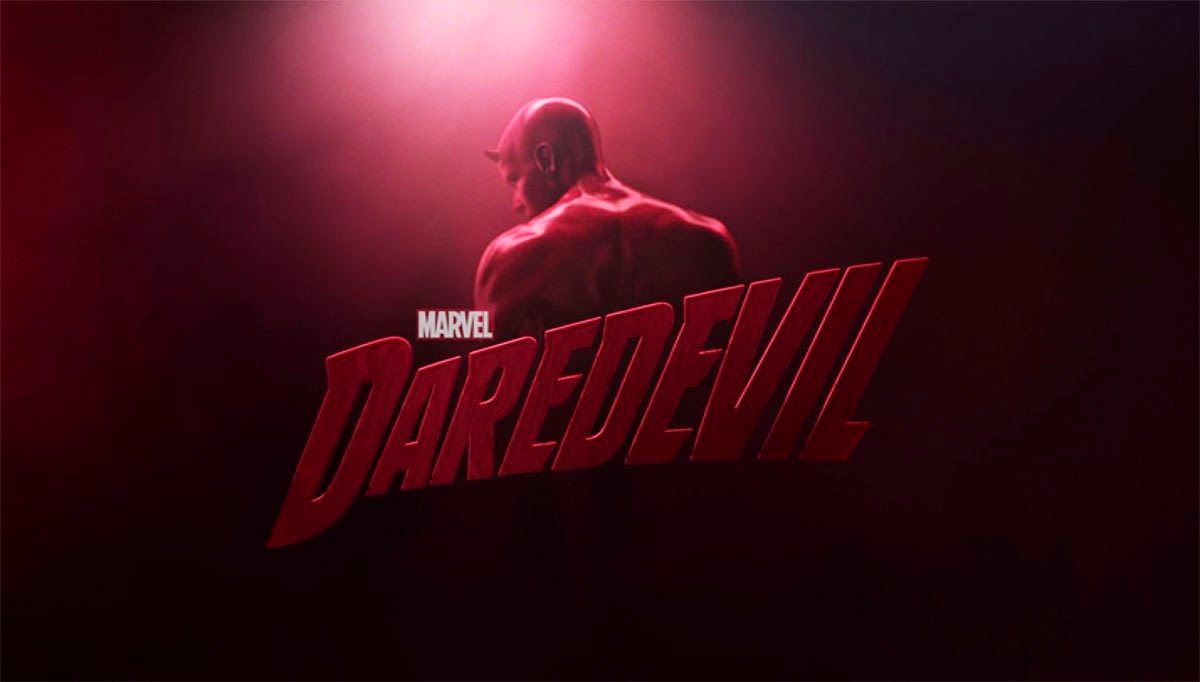 |
| Source: http://nyrocks.blogspot.com/2005/06/ksj-in-hells-kitchen.html |
I lived in Brooklyn (Grand Army Plaza) back then so it was a couple of weeks before I got into the city. I walked in, the bartender with a great smile asked me what brought me in because it was during the day and I told him the story. His response?
Oh, Sarah? With the curly hair?
I had just met Kevin, the owner (he always said James his partner got the St. in front of his name because he was the money man).
And I had just found my neighborhood bar.
 |
| Source: https://www.flickr.com/photos/64976602@N00/194323221/ |
I left NYC in 2004, and was sad to hear that the Kevin St. James had closed. I have no pictures of my time there, it was before cataloging your life online in pictures was de rigeur. But I was able to find images online that captured some of the magic. There's a mention of the bar in a book, Past Redemption by Savannah Russe. David Arquette filmed a photo shoot there just before it closed.
Memories of the bar float around here and there.
Apparently the whole block was bought out and turned into condos for rich folks. News reports Kevin has moved to a new bar, and that makes me happy. But I mourn the passing of the Kevin St. James because it was so representative of a neighborhood and a time period.
I was reminded of all of this this past week as I watched Netflix/Marvel's Daredevil.
 |
| Source: http://geekdad.com/2015/04/marvels-daredevil/ |
The conversation started with a discussion of the stereotypical villains- Chinese drug lords, Russian mafia, Japanese Yakuza. And I wondered if this was a gesture to how delineated the neighborhoods of NYC are or were due to ethnicity.
 |
| Source: http://payload108.cargocollective.com/1/9/301633/4463028/NYC%20neighborhood%20map_1024.jpg |
And I think the reason is Hell's Kitchen isn't Hell's Kitchen anymore.
In the narrative of the show this is explained away as part of the aftermath of the destruction from The Avengers when a good chunk of NYC is destroyed in the invasion/showdown. In fact this rebuilding is key to the main plot and Fisk's motivation and actions. As Kevin pointed out, it's hard not to read this through a post-9/11 when there is still rebuilding and remaking fourteen years later.
But here's the problem- as much as I'm loving Daredevil, and rationing a couple of episodes a night to stretch out the love, watching the show got me thinking, about the Kevin St. James, and Hell's Kitchen, and whether or not you could go home again. Or rather, whether you could still tell a story about Hell's Kitchen if Hell's Kitchen didn't exist anymore.
Daredevil first appeared in 1964. Hell's Kitchen was different then, known as much for its Irish, working class population as for the violence gracing its streets. Its location was part of this, this is pre-1990sTimes Square cleanup. Hookers still graced streets, as did more of a criminal element.
I'm not the first person to comment that the Hell's Kitchen in the show is not the Hell's Kitchen of today.
But this is my question- can Daredevil still be Daredevil if the neighborhood that anchors and defines the character, doesn't exist anymore. It's not the post-Avengers rebuild that makes this difficult, as post-9/11 even now makes that easy (unfortunately) to still read in any NYC set piece. Rather it's the fact that the long term residents of Hell's Kitchen, the Irish, the Puerto Ricans, the working class people have been priced out of their generational homes. Ms. Cardenas being pushed out of her home by first Tully then Fisk is reflective of what has happened the last decade. The people that once made and defined that neighborhood are no longer there. Even if they wanted to, they couldn't afford to anymore.
A similar thing has happened in neighborhoods like Williamsburg and Greenpoint, and some neighborhoods in Queens as rich, entitled people have spread out from Manhattan and displaced generations of residents.
Don't get me wrong, I'm loving Daredevil, and Charlie Cox as Matt Murdoch. And I'm looking forward to finishing the series (although I already know they can't make season two fast enough for me!).
But I wonder how the series will end, or work long term with these issues of erasure. The series so far seems critical of people, represented by Fisk, that would remove the older generation. But the paradox is the series is set in the current time, so these people were removed a long time ago. Does the show illustrate nostalgia for an older time? Does it reframe it to comment on post 9/11? Or is it just ignoring this situation and overlaying the Daredevil narrative over the now, without considering these larger issues?
All I know is that the show is great, I miss the Kevin, and as much as I wish you could, you can't go home again.

No comments:
Post a Comment